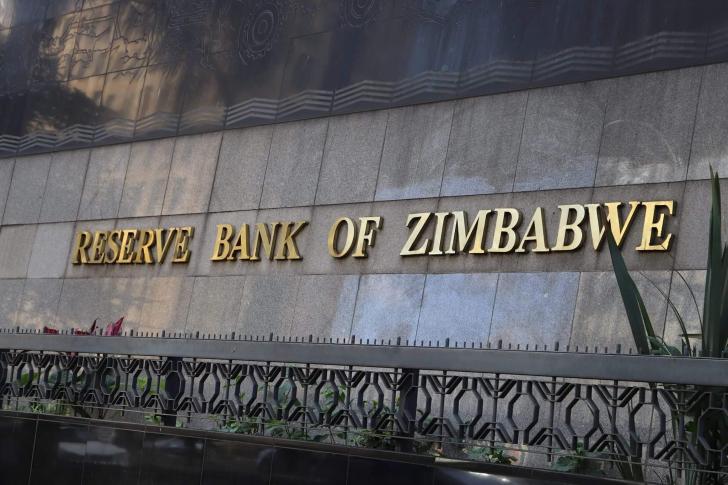News / National
RBZ hikes limits for mobile money and electronic transactions
02 Nov 2024 at 08:49hrs |
0 Views

Zimbabwe's Reserve Bank (RBZ) has announced an increase in transaction limits for mobile money and electronic transfers, a move aimed at addressing the challenges posed by rising inflation and fluctuating exchange rates. This adjustment comes as consumers and businesses continue to grapple with the economic pressures despite the introduction of the Zimbabwe Gold (ZiG) as part of efforts to stabilize the local currency.
In a statement released on Friday, the RBZ emphasized that the increase in transaction limits is intended to enhance public access to goods and services within the framework of the gold-backed digital currency, the ZiG. The measures reflect the bank's commitment to facilitating smoother financial transactions amid the ongoing economic turbulence.
Under the new limits, mobile money users will see their daily person-to-person (P2P) transfer cap rise significantly from ZIG 2,400 to ZIG 4,800, with the monthly limit increasing from ZIG 8,000 to ZIG 16,000. This adjustment is expected to alleviate some of the transactional hurdles faced by individual users.
For businesses, the RBZ has also raised the electronic funds transfer (EFT) limits for trade payments. The batch cap for these payments will increase from ZIG 280,000 to ZIG 560,000, while single transaction limits will rise from ZIG 24,000 to ZIG 48,000. Additionally, business-to-person (B2P) payments have seen their batch limit double from ZIG 80,000 to ZIG 160,000.
The RBZ stated that it will continue to monitor the economic situation closely and make further adjustments to the limits as necessary to promote economic stability and encourage a transition to a cash-lite economy.
This move follows a period of heightened inflation that has impacted both consumers and businesses, limiting their ability to transact effectively. The RBZ's efforts to stabilize the economy through the introduction of the ZiG have been met with mixed reactions, but the latest changes aim to provide some relief to the transacting public.
As Zimbabwe navigates its complex economic landscape, the central bank's proactive stance on adjusting transaction limits reflects a broader strategy to enhance financial accessibility and bolster the local economy amidst ongoing challenges.
In a statement released on Friday, the RBZ emphasized that the increase in transaction limits is intended to enhance public access to goods and services within the framework of the gold-backed digital currency, the ZiG. The measures reflect the bank's commitment to facilitating smoother financial transactions amid the ongoing economic turbulence.
Under the new limits, mobile money users will see their daily person-to-person (P2P) transfer cap rise significantly from ZIG 2,400 to ZIG 4,800, with the monthly limit increasing from ZIG 8,000 to ZIG 16,000. This adjustment is expected to alleviate some of the transactional hurdles faced by individual users.
For businesses, the RBZ has also raised the electronic funds transfer (EFT) limits for trade payments. The batch cap for these payments will increase from ZIG 280,000 to ZIG 560,000, while single transaction limits will rise from ZIG 24,000 to ZIG 48,000. Additionally, business-to-person (B2P) payments have seen their batch limit double from ZIG 80,000 to ZIG 160,000.
The RBZ stated that it will continue to monitor the economic situation closely and make further adjustments to the limits as necessary to promote economic stability and encourage a transition to a cash-lite economy.
This move follows a period of heightened inflation that has impacted both consumers and businesses, limiting their ability to transact effectively. The RBZ's efforts to stabilize the economy through the introduction of the ZiG have been met with mixed reactions, but the latest changes aim to provide some relief to the transacting public.
As Zimbabwe navigates its complex economic landscape, the central bank's proactive stance on adjusting transaction limits reflects a broader strategy to enhance financial accessibility and bolster the local economy amidst ongoing challenges.
Source - NewZimbabwe
Join the discussion
Loading comments…


























